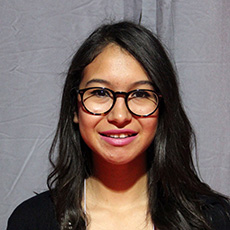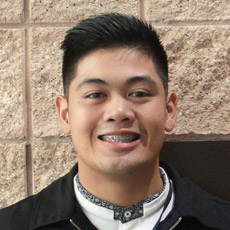One of NIGMS’ primary goals is to provide support to train the next generation of biomedical research scientists. In pursuit of this goal, NIGMS aims to enhance the diversity of the scientific workforce and develop research capacities throughout the country. NIGMS-administered training programs at the undergraduate level provide support for trainees underrepresented in the biomedical sciences to develop skills to successfully transition into doctoral programs. Three unique NIGMS-administered undergraduate-focused programs are highlighted below.
- Building Infrastructure Leading to Diversity (BUILD) grant awards help undergraduate institutions implement and study ways to engage and retain students from diverse backgrounds in biomedical research. The program aims to help these students on the pathway to becoming scientists. Primary institutions eligible for BUILD awards have fewer than $7.5 million in total NIH research project grant funding and a student population with at least 25 percent Pell Grant recipients. BUILD is part of the Common Fund Diversity Program Consortium, a national collaborative dedicated to enhancing diversity in the biomedical research workforce.
- Maximizing Access to Research Careers Undergraduate Student Training in Academic Research (MARC U-STAR) awards provide support for undergraduate trainees from underrepresented backgrounds to gain skills and improve their preparation for high-caliber graduate training at the doctoral level. Awards are made to colleges and universities that offer the baccalaureate degree.
- The Research Initiative for Scientific Enhancement (RISE) program aims to help reduce the existing gap between underrepresented and well-represented students in completing doctoral degrees. RISE supports institutions that award the baccalaureate, master’s, or doctoral degree in biomedical science fields; programs include well-integrated developmental activities designed to strengthen students’ academic preparation, research training, and professional skills.
Although BUILD, MARC, and RISE offer a variety of activities at more than 100 supported institutions during the school year—including laboratory research opportunities, faculty mentoring, seminars, and workshops—the programs also provide training experiences throughout the summer. The slideshow below gives a quick peek into what several students participating in MARC, RISE, and BUILD activities did over the summer.
Click on an image below to launch slideshow.


















































|
|




